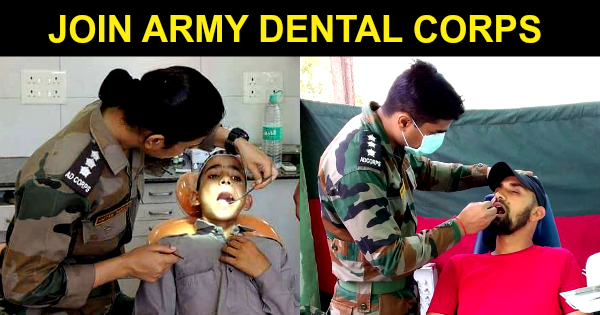The Government has informed the Supreme Court that recruitment for the Army Dental Corps will be gender-neutral with no separate quotas for males and females. This decision was made after the court expressed disapproval over the recruitment process, which had only reserved 10 percent of vacancies for women. The Court found this to be a violation of Article 14 of the Constitution of India, which guarantees equality before the law. The current selection process for the Indian Army allows male candidates who are significantly less meritorious than female candidates to participate while preventing highly qualified and more meritorious female candidates from competing. This violates not only Article 15, which mandates preferential treatment for women but also Article 14 of the Indian Constitution, which guarantees equality before the law. The Government’s new gender-neutral policy will apply to all future recruitment. The court has disposed of the plea filed by women dental doctors challenging the recruitment process. Three female candidates have been appointed based on their merit, and the remaining seats will be filled by both male and female candidates. The court’s decision is in line with its 2020 judgement granting permanent commission to women in defence forces.
The journey of women in the Indian armed forces has been a long and difficult one. It began in 1992 when women were first allowed to join branches other than the medical corps. However, women were only allowed to serve for short periods, and it was not until 2020 that they were granted permanent commissions. The struggle for equality was led by 615 pioneering women who fought for the same pay and benefits as their male counterparts. Despite Prime Minister’s announcement in 2018, that women would be granted permanent commission, the decision was still challenged in Court.
The issue of male dominance in the Indian Army has been a topic of discussion for many years. Women have been fighting for their equal rights in the armed forces and have made significant progress in recent years, but there are still challenges to overcome. The Indian Army has traditionally been a male-dominated organisation, and it can take time to change long-standing cultural attitudes and biases. However, it is essential to create a more inclusive and diverse environment in the armed forces to ensure that women can fully contribute their skills and abilities.
Women have made significant contributions to the Indian Army, serving in a variety of roles, including combat and non-combat positions. They have demonstrated their capabilities and dedication to duty, and it is important to acknowledge and appreciate their efforts. Gender should not be a barrier to entry or advancement in any profession, including the armed forces.
The Government and the military leadership have taken steps to address the issue of gender bias in the armed forces. The decision to allow women to serve in combat roles and the granting of permanent commissions to women officers are significant steps in this direction. However, there is still much work to be done to ensure that women are treated fairly and equitably in the Indian Army.
Removing male dominance from the Indian Army requires a concerted effort from all stakeholders, including the Government, armed forces, and society as a whole. It involves addressing cultural attitudes and biases, providing equal opportunities for men and women, and creating a supportive environment that values diversity and inclusion. By working together, we can create a more equitable and inclusive armed forces that fully leverages the talents and abilities of all its members.
Women serving in the armed forces have achieved significant progress in recent years, and their invaluable contributions are widely recognised. The Indian Government has taken several steps to ensure the safety and well-being of female military personnel. However, there is still a long way to go to achieve true gender equality in the armed forces.
Trending Now
E-Paper


